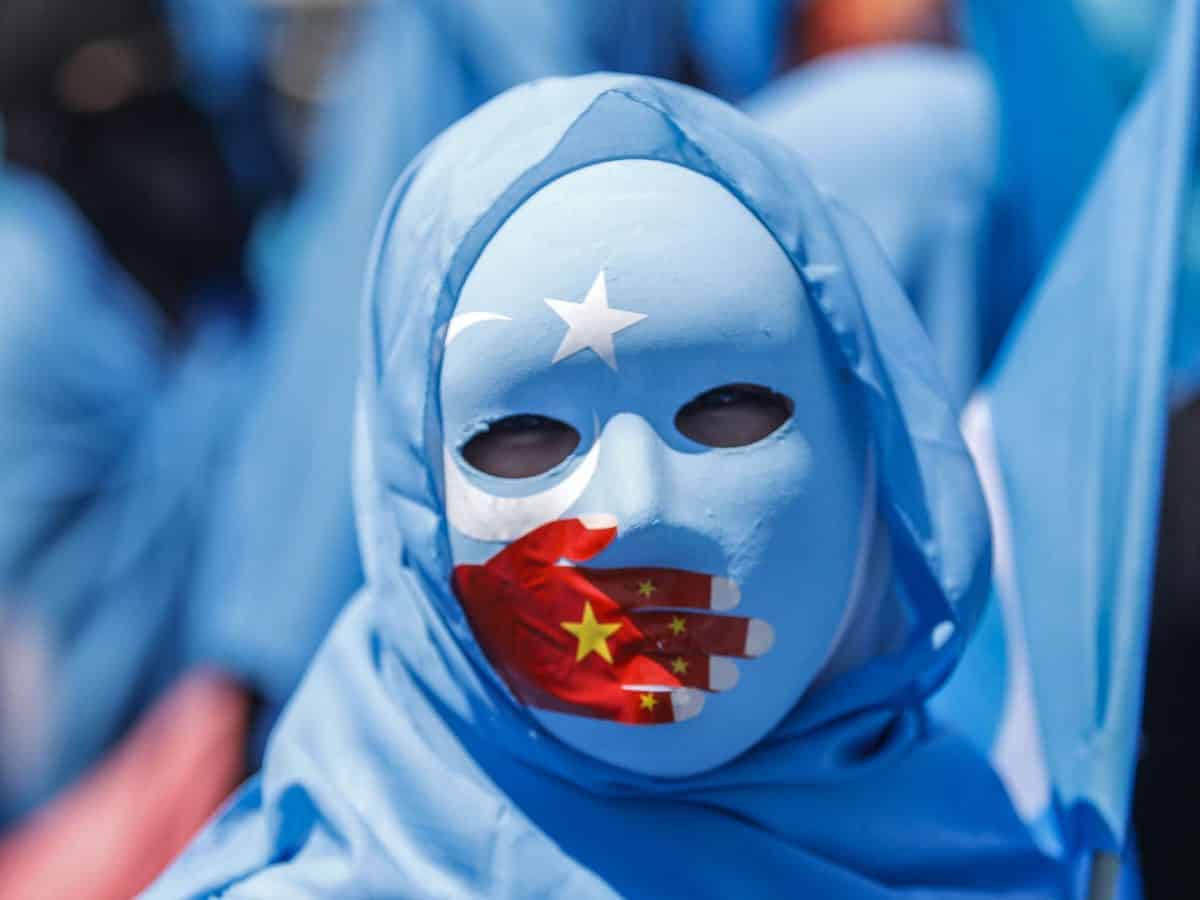Beijing: Prominent Uyghur scholar and linguist-in-exile Abduweli Ayup’s niece is confirmed to have died last year under detention by state security police in China’s Xinjiang region, informed official sources.
Mihray Erkin, a graduate of Shanghai’s Jiao Tong University, had gone on to become a researcher at Japan’s Nara Institute of Science and Technology. He returned to Xinjiang in August 2019 after authorities in Kashgar put her parents under pressure to call her home, reported Radio Free Asia (RFA).
In late 2020, RFA reported that Erkin was believed to have died while in detention in one of the vast network of internment camps in Xinjiang, where up to 1.8 million Uyghurs and other Muslim minorities have been held since 2017. The report was not independently confirmed at the time.
However, a source from her hometown of Toqquzaq in Kashgar recently confirmed her death and said police had since made threats to her family.
“Mihray died in November 2020 while in detention and after she died, authorities told the family members to remain silent about it,” said the source.
According to the source, the day after Erkin’s burial, police told family members that if they spoke out about the death, they would be imprisoned for “disclosing state secrets” and “defaming the police.”
The police in charge of Erkin’s case had attributed her death to ‘a disease’ that her family had ‘hidden from them’ and added a falsified medical record to the official report as proof, the source told RFA.
He also said that police forced her family members to record a video testimony confirming that Erkin suffered from a ‘disease’ and had ‘died at home,’ although the video was never released for reasons that remain unknown.
Another official confirmed that she had been detained “for some time” at the detention centre before her death.
After years of denying the existence of the internment camps in Beijing, China in 2019 described the facilities as residential training centres that provide vocational training for Uyghurs, discourage radicalisation and help protect the country from terrorism.
However, several media reports and former detainees have said that those in the camps are detained against their will and subjected to political indoctrination, routinely face rough treatment at the hands of their overseers and endure poor diets and unhygienic conditions in the often overcrowded facilities.
Former detainees have also described being subjected to torture, rape, sterilization, and other abuses while in custody.
Meanwhile, Erkin’s detention is seen by members of the Uyghur diaspora as part of a bid by China’s government to exert leverage over her uncle, Abduweli Ayup, who has sought to protect the Uyghur language through grassroots initiatives in response to policies of cultural assimilation in Xinjiang, reported RFA.
Ayup was sentenced to 18 months in prison for ‘illegal fundraising’ in 2014 by the Tengritagh district court in Xinjiang’s capital Urumqi after being detained for a year, but was released three months later when his partners appealed their cases.
China has been rebuked globally for cracking down on Uyghur Muslims in Xinjiang, with a handful of countries, the latest being Lithuania, terming the human rights abuses on the ethnic minorities as ‘genocide’.

